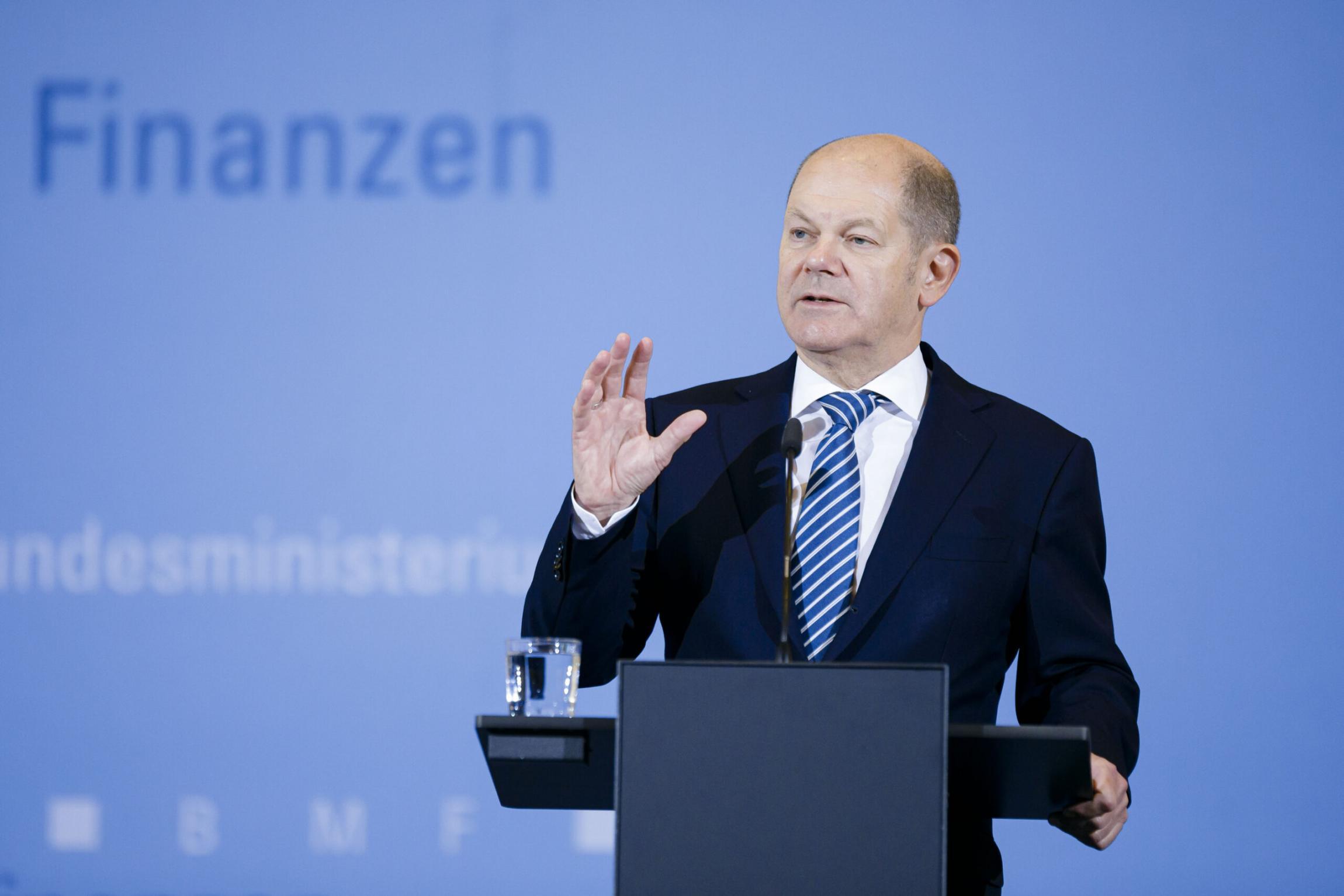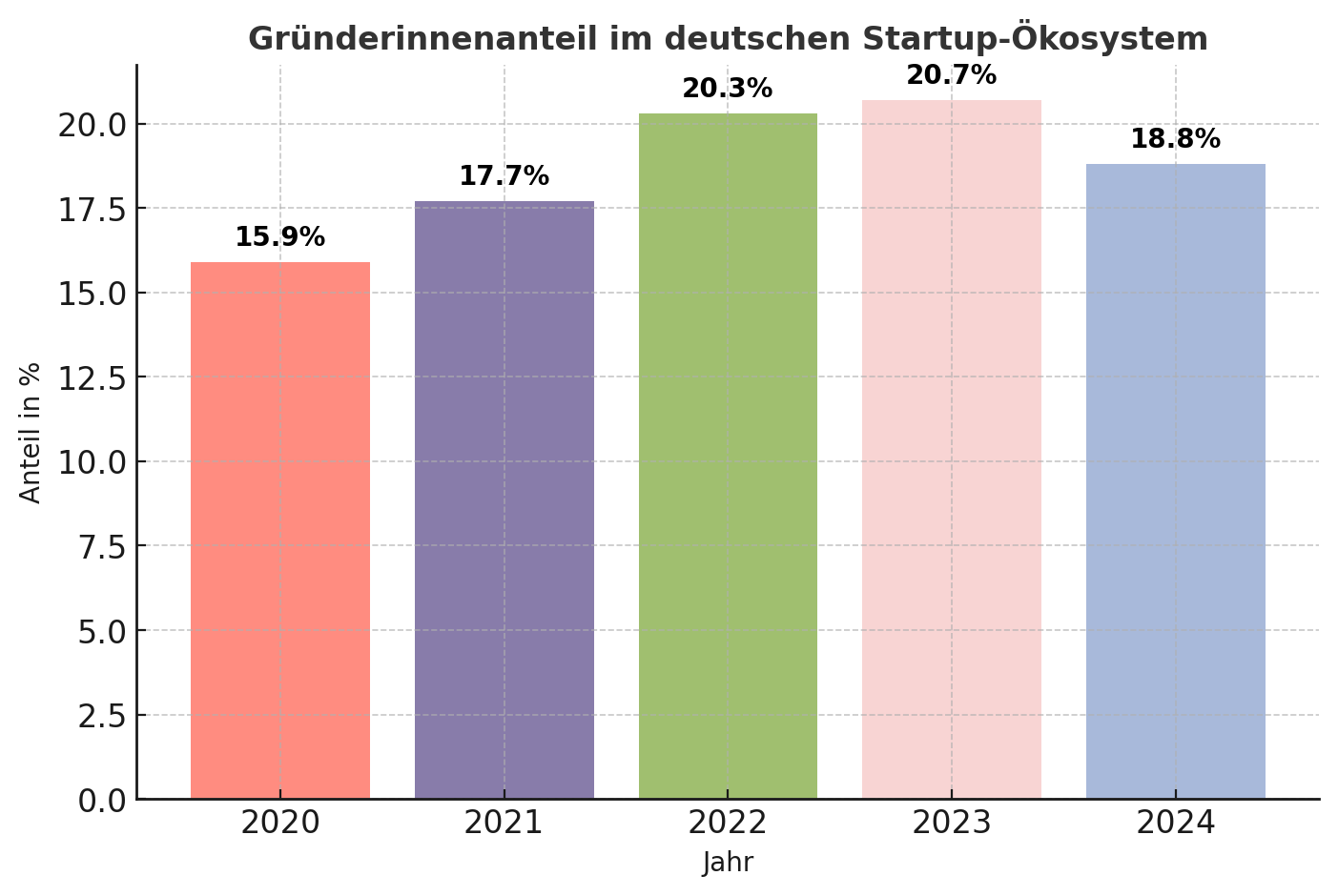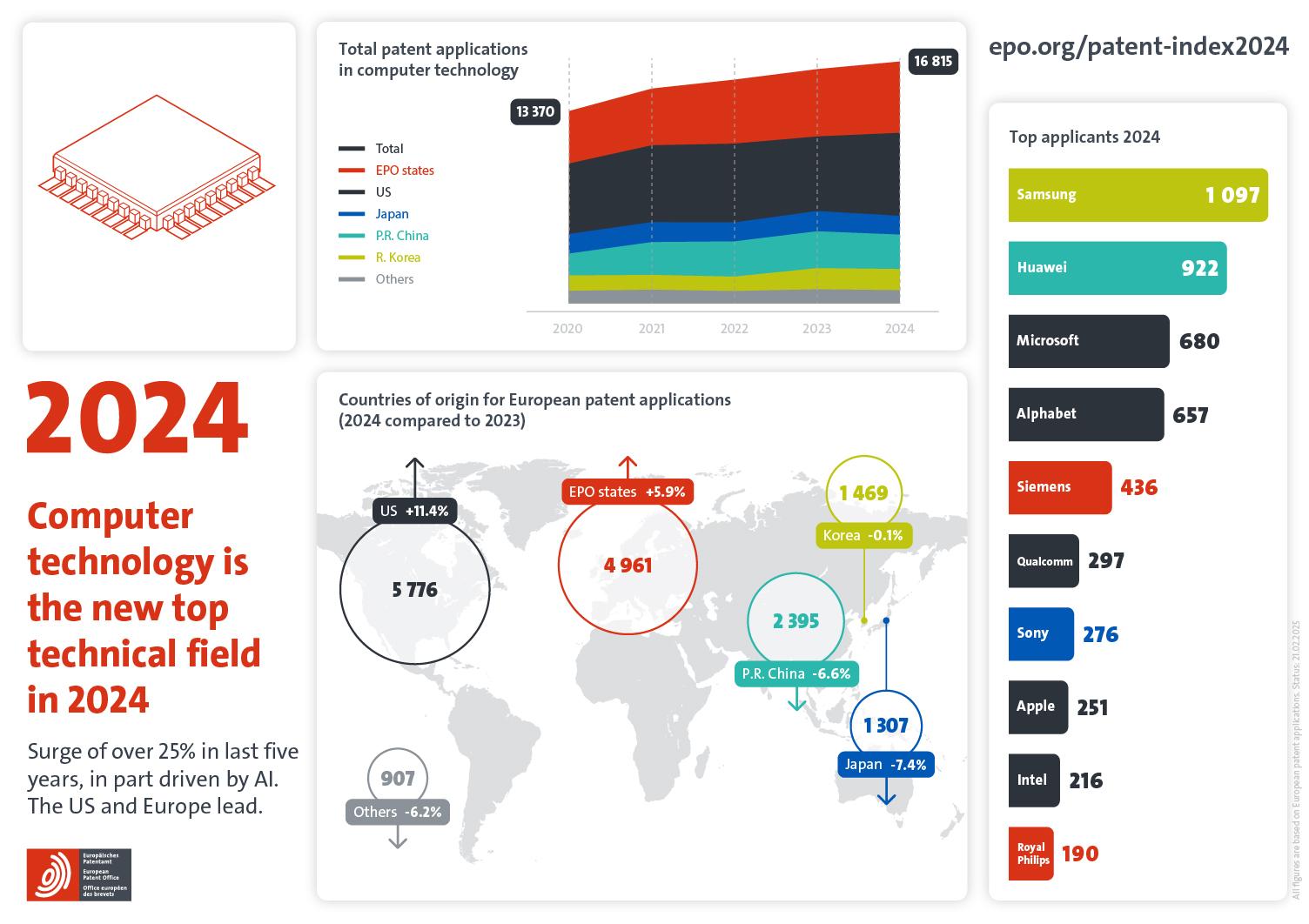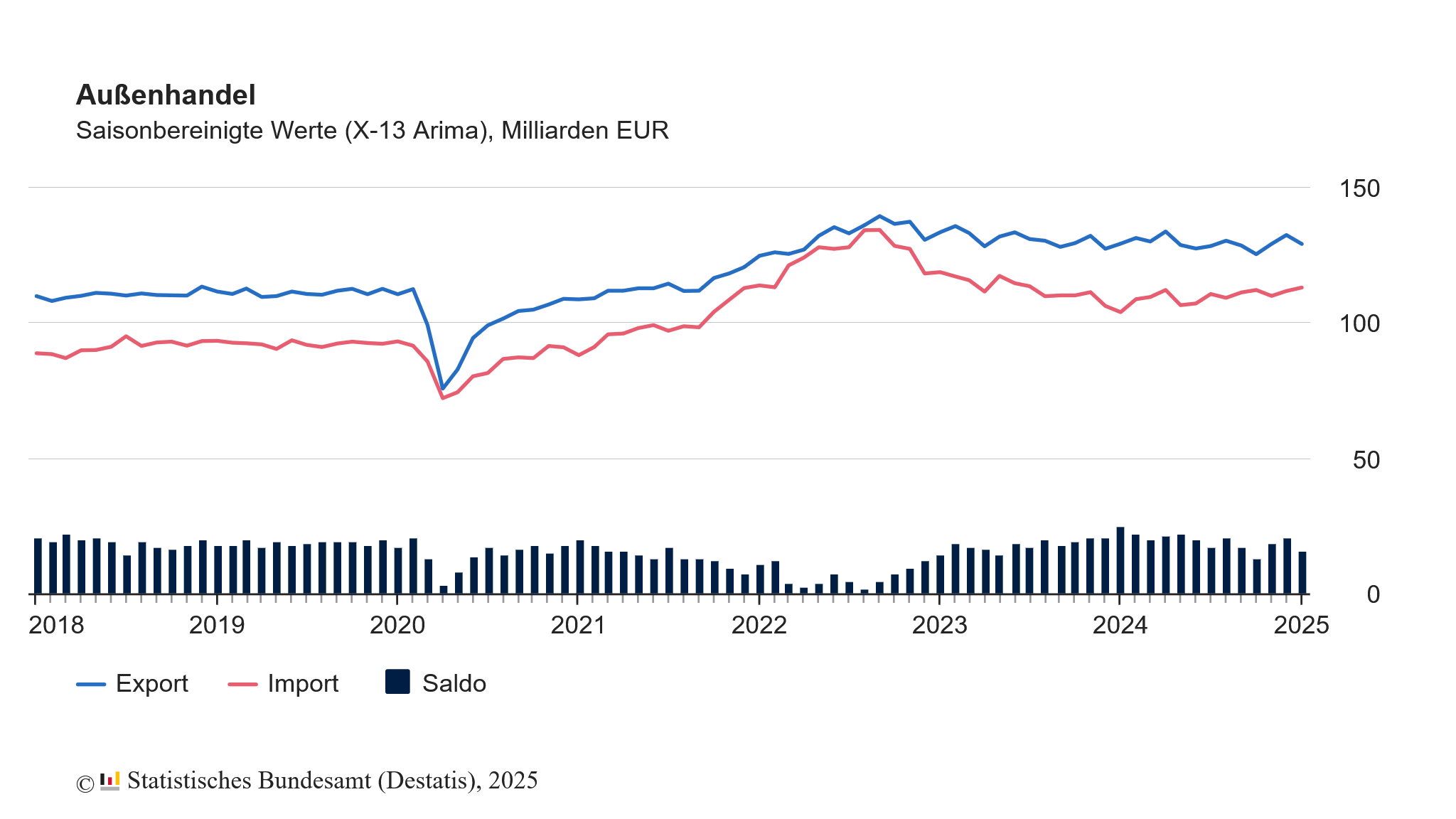Despite criticism: draft law on employee participation likely to remain as planned
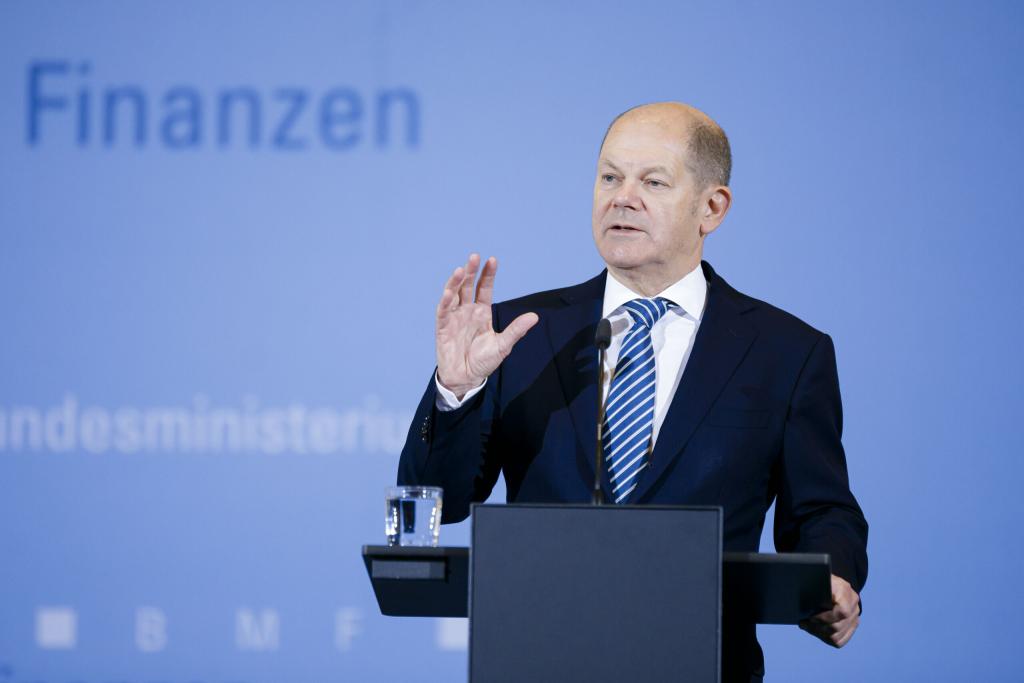
Finance Minister Olaf Scholz's Fund Location Act continues to be harshly criticized. Now the federal government is defending itself. No changes are planned for the time being.
The dispute over the Fund Location Act is entering the next round: in response to a minor question from FDP member of parliament Bettina Stark-Watzinger, the Ministry of Finance replied to the critical points of the plans for employee capital participation in start-ups. The paper is available to Gründerszene.
According to the paper, the law should only apply to certain start-ups: For example, start-ups that are older than ten years will be excluded because, according to the German government, "the founding and growth phase" is then complete and the companies can hold their own in international competition without support.
The German government is basing the draft law on the definition of small and medium-sized enterprises (SMEs). In order for the planned regulations to apply, start-ups must not have more than 250 employees, an annual turnover of 50 million euros or a balance sheet total of 43 million euros. According to Gründerszene, the letter states that the definition of SMEs is more precise than that of start-ups and is therefore taken as a basis.
"The industry is being offered a fig leaf in order to be able to say that we have done something after all," FDP politician Stark-Watzinger told Gründerszene. Current criticism also comes from investor Frank Thelen. He wrote to Olaf Scholz on Twitter in light of the latest statement. "Dear Olaf Scholz, we want employees to share in the success of start-ups. This brings broader prosperity and "fires up" the startup ecosystem. The entire scene rates the current draft as inadequate. Do you really care about startups? It looks like pure PR."
The start-up scene and the German government, headed by Olaf Scholz, have been arguing about the draft law for months. The cabinet has approved the proposed law, but it still has to be passed by the Bundestag and Bundesrat and is due to come into force on July 1. The aim is to strengthen Germany as a business location in international competition and to retain talent through certain regulations on employee participation.
The Federal Association of German Start-ups believes that the current draft does not go far enough overall. It does not meet the needs of start-ups in practice. The planned adjustment to the SME definition alone would lead to many employees in fast-growing start-ups being left out, according to a statement from the association.
The association sees a further problem in the structure of the tax relief. Employees still have to pay tax on their shares as soon as they receive them from the start-up. The new draft law stipulates that they can take ten years to do so - or pay tax on their shares if they change employer. The addition of the change of employer puts a burden on employees "for no apparent reason", according to the association's statement. However, the federal government apparently does not see this as a problem. According to Gründerszene , the paper states that ten years is a "reasonable period of time for employees to adjust to the tax situation that will arise in the future". The federal government even expects that the regulation will lead to more employee shareholdings.

Newsletter
Startups, stories and stats from the German startup ecosystem straight to your inbox. Subscribe with 2 clicks. Noice.
LinkedIn ConnectFYI: English edition available
Hello my friend, have you been stranded on the German edition of Startbase? At least your browser tells us, that you do not speak German - so maybe you would like to switch to the English edition instead?
FYI: Deutsche Edition verfügbar
Hallo mein Freund, du befindest dich auf der Englischen Edition der Startbase und laut deinem Browser sprichst du eigentlich auch Deutsch. Magst du die Sprache wechseln?
